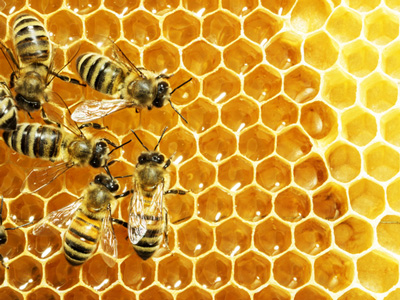EFSA launches its new #Efsa4Bees site
- Like
- Digg
- Del
- Tumblr
- VKontakte
- Buffer
- Love This
- Odnoklassniki
- Meneame
- Blogger
- Amazon
- Yahoo Mail
- Gmail
- AOL
- Newsvine
- HackerNews
- Evernote
- MySpace
- Mail.ru
- Viadeo
- Line
- Comments
- Yummly
- SMS
- Viber
- Telegram
- Subscribe
- Skype
- Facebook Messenger
- Kakao
- LiveJournal
- Yammer
- Edgar
- Fintel
- Mix
- Instapaper
- Copy Link
Posted: 3 March 2016 | Victoria White | No comments yet
#Efsa4Bees will contain essential information about EFSA’s project on the risk assessment of multiple stressors in bees as well as other relevant work in areas such as pesticides…


The European Food Safety Authority (EFSA) has launched a new website, #Efsa4Bees, dedicated to its work on bee health.


As explained on #Efsa4Bees, bees play a critically important role in food. They sustain food production – of the 100 crop species providing 90% of food worldwide, 71 are pollinated by bees – and biodiversity by providing essential pollination for a wide range of crops and wild plants.
Bees also contribute to human wealth and wellbeing directly through the production of honey and other food and feed supplies such as pollen, wax for food processing, propolis in food technology, and royal jelly as a dietary supplement and ingredient in food.
But honey bees are in trouble. In recent years, beekeepers have reported unusual weakening of numbers and colony losses.
#Efsa4Bees will contain essential information about EFSA’s project on the risk assessment of multiple stressors in bees (MUST-B) as well as other relevant work in areas such as pesticides, animal health and environmental risk.
#Efsa4Bees to be a must-visit site for scientists
Agnès Rortais, a bee specialist who is coordinating the MUST-B project, said: “EFSA is carrying out some exciting, ambitious work on bee health and we decided to bring it together in one place so that all our partners and stakeholders can follow our progress – and perhaps give us a helping hand along the way.”
Dr Rortais will be one of the contributors to a news blog where EFSA will give up-to-the-minute progress reports and share links to the latest research and other useful information.
She added: “#Efsa4Bees will be a must-visit site for scientists, researchers and anyone else who has an interest in this vitally important subject.
“The blog is just the beginning of what we hope will become an interactive community that will give us access to information and knowledge from beyond our established circle of experts and partners.”





